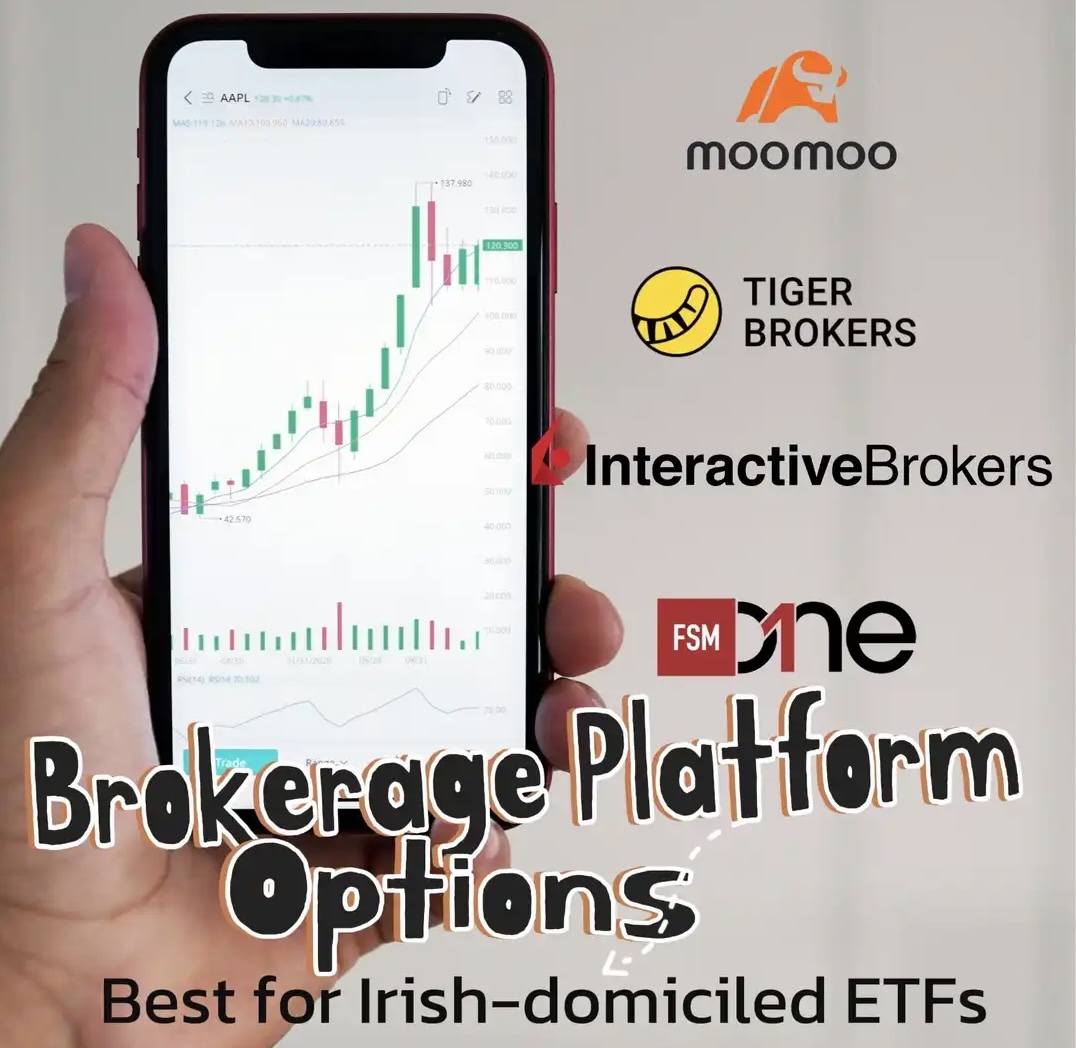
A few years ago, Tiger Brokers entered the Singapore market with overwhelming advertisements. After some research (mainly comparing platforms’ commissions), I chose it as my main brokerage platform. Having used it for a few years, I found it fairly average. Since I only trade occasionally, I don’t have much to comment on. In Singapore, the cross-border internet-based brokers MooMoo (Futu) and Tiger Brokers are direct competitors. Both are popular for their low commissions and deposit bonuses. They share similar business models and are backed by Chinese capital, but their development paths and clearing systems differ significantly.
I’ve noticed that many investors in Singapore use IBKR (Interactive Brokers) as their primary brokerage platform. At the beginning of 2024, when I re-evaluated my investment allocations, I spent some time reading insights from seasoned investors and finally understood the advantages of this traditional brokerage: IBKR supports trading on the London Stock Exchange (LSE).
For many Singaporean investors, Irish-domiciled funds and ETFs listed on the LSE are the preferred choice for long-term passive investments. This is due to three main reasons:
📈 Withholding Tax
As a Singapore resident, the withholding tax on U.S. financial investment income is 30%. When you receive dividends from US stocks, 30% has already been deducted. However, due to the tax treaty between the US and Ireland, this tax is reduced to 15%. Moreover, Ireland does not impose withholding tax on foreign investors. This means investing in Irish-domiciled ETFs can yield 15% more dividend income.
📈 Estate Tax
The US estate tax is as high as 40%. If you were to pass away, your (or rather, your heirs’) US-based financial assets could be subjected to up to 40% in estate tax! This is a serious concern for estate planning.
📈 Dividend Reinvestment
Irish-domiciled ETFs offer options for dividend reinvestment, where dividends are reinvested into the fund instead of being distributed. This helps save on taxes and reinvestment commissions, making it an optimal choice for investors in the wealth accumulation phase. In contrast, US regulations require ETFs to distribute over 90% of dividends to investors.
Of course, Irish-domiciled ETFs have some disadvantages. First, trading commissions on the LSE are generally higher. Second, trading volumes are not as high as in the US market.
Currently, neither MooMoo nor Tiger Brokers supports LSE trading. FSMOne, a long-established local broker in Singapore, recently started supporting LSE trading, but its single-trade commissions are not competitive. However, they offer very low RSP (Regular Savings Plan) commissions, though the available LSE ETFs are still limited. Naturally, IBKR emerges as the best choice.
Starting in early 2024, I began regularly investing in CSPX (S&P 500 Index) and SWRD (MSCI World Index) via IBKR. While IBKR’s interface isn’t very user-friendly, once I set up monthly deposits and regular investments, I no longer need frequent operations. During my first transfer, I entered the wrong account information, but customer support responded promptly and resolved the issue quickly. So far, I’m satisfied with the experience.
Read More
My Approach to Family Insurance Planning
It's the time of the year that the annual renewal of some of my family insurance policies is needed. While organizing my family's insurance policies, I thought that since I've discussed various insurance topics, why not share my family's insurance principles and strategies directly. Here I am sharing how I plan my family's insurance, with some useful